Where did the snippets come from?
We used snippets from a lot of different texts in this lesson. 26 altogether! Here are the ones we referenced most frequently:
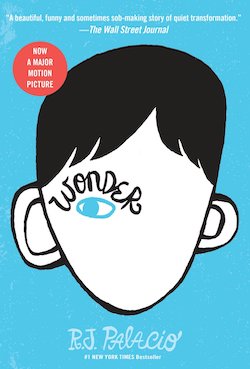
R.J. Palacio's Wonder follows the school life of a boy, Auggie, who has an extraordinary facial difference, and is attending a mainstream school for the first time in grade 5.
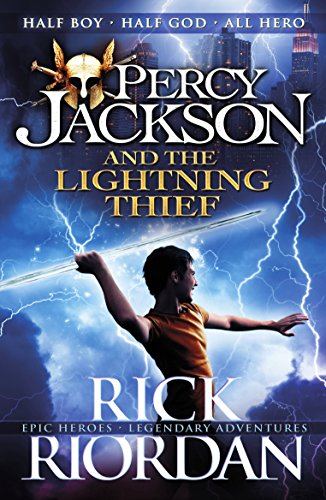
Percy Jackson and the Lightening Thief is the first book in a series about a school kid who is the son of a Greek god. Full of monsters and heroes and divine power.
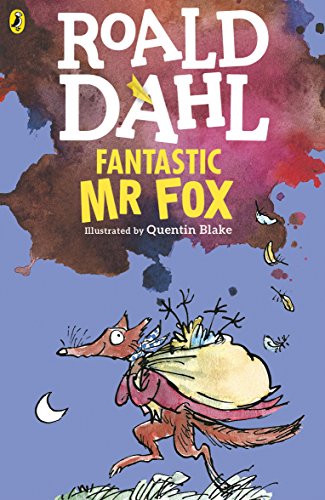
In Roald Dahl's classic, The Fantastic Mr Fox, a clever fox outwits 3 grotesque farmers.

That Eye, the Sky is about a boy in a country town whose family struggle after the father of the family is paralysed in a car accident. Then a mysterious stranger claiming to be preacher arrives.
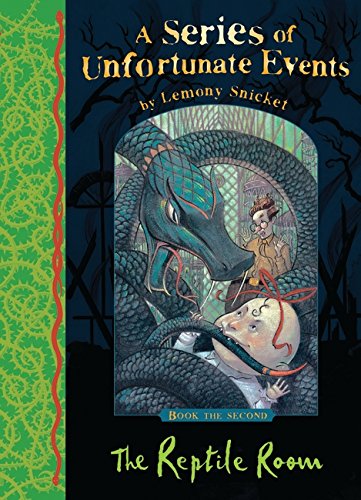
The second book in Lemony Snicket's a Series of Unfortunate Events, about three children trying to thwart the greedy, malevolent Count Olaf. The Reptile Room features dastardly plans and dangerous snakes.
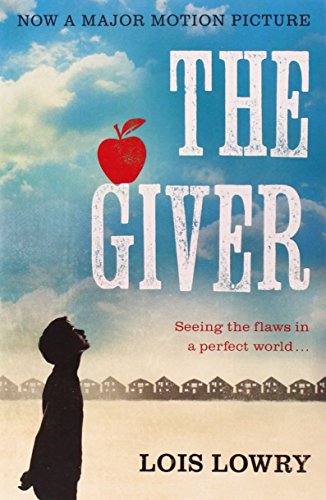
The Giver is about a boy who has been chosen to remember and experience individuality and emotion in a world where all variation has been eradicated.
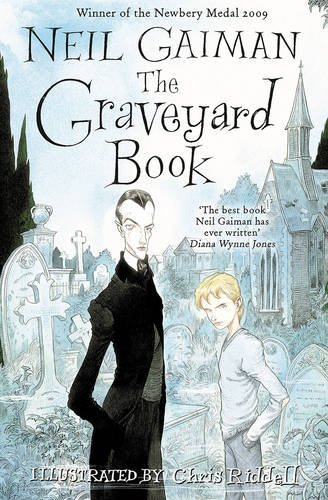
The Graveyard Book is about a perfectly ordinary boy who lives in a graveyard and is raised by ghosts.
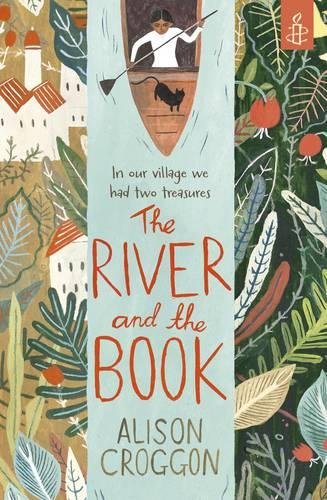
A lyrical adventure, the River and the Book tells the tale of a landscape and community devastated by colonial powers.

